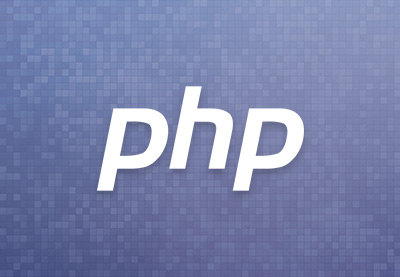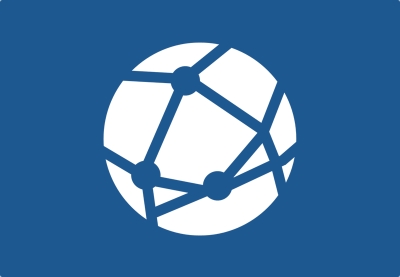In this quick post, we’re going to discuss what PHP stands for and what you can build with it. If you are new to PHP, this article should help you to understand the basics.
What Is PHP?
PHP is an open-source, server-side scripting language which is mostly used to build web-based applications. You could use PHP to build a wide range of applications that may range from a personal blog website to full-fledged enterprise-level applications.
If you want to use PHP as a server-side scripting language, you need to configure it with a web server. For Unix-like operating systems, Apache and Nginx are the most popular web servers. On the other hand, Microsoft IIS is a popular choice for Windows-based servers. When it comes to choosing a database for PHP websites, MySQL is one of the most popular choices.
You can learn more about how to install PHP in my post on how to run a PHP file.
But What Does PHP Stand For?
PHP is a recursive acronym for PHP: Hypertext Preprocessor. It is a recursive acronym, so the first ‘P’ actually stands for PHP! Originally, though, it meant Personal Home Page tools. It was created by Rasmus Lerdorf in 1994.
As per the official PHP documentation:
PHP (recursive acronym for PHP: Hypertext Preprocessor) is a widely-used open source general-purpose scripting language that is especially suited for web development and can be embedded into HTML.
PHP is a server-side (back-end) scripting language, so the code written in the PHP file is executed on the server. The PHP engine on the web server converts all the code written in PHP to HTML, and the resulting web page contains only HTML code when it’s sent to the client for rendering in the user’s browser.
Learn PHP With a Free Online Course
If you want to learn PHP, check out our free online course on PHP fundamentals!
In this course, you’ll learn the fundamentals of PHP programming. You’ll start with the basics, learning how PHP works and writing simple PHP loops and functions. Then you’ll build up to coding classes for simple object-oriented programming (OOP). Along the way, you’ll learn all the most important skills for writing apps for the web: you’ll get a chance to practice responding to GET and POST requests, parsing JSON, authenticating users, and using a MySQL database.
Even if you’re new to PHP, it’s a very easy language to learn if you want to build websites. In fact, if you’re familiar with basic programming concepts, you could get started with PHP in a few hours.
And make no mistake, it also offers a plethora of advanced features that allow professional programmers to build complex enterprise-level web applications. You may be surprised to know that big names like Facebook, Wikipedia and a few others are using PHP as a part of their web development stack!
Since its inception, PHP has continuously evolved as a programming language. With every new major version, it has added new features and rewritten existing features to improve the overall performance. As of now, it’s running the latest stable version PHP 7, which brings significant improvements over its predecessors.
Show Me an Example!
Let’s have a quick at look at what a PHP program looks like:
<!DOCTYPE html>
<html>
<head>
<title>PHP Example</title>
</head>
<body>
<?php echo ‘Hello World!’; ?>
</body>
</html>
The above script is a simple PHP program which outputs Hello World! in the user’s browser when it’s executed. As I said earlier, since PHP is a server-side scripting language, the code between the <?php and ?> tags is executed on the server by the PHP engine.
In fact, the above example is one of the simplest examples to introduce you to PHP. In the real world, PHP is capable of building complex and amazing applications! In the next section, we’ll see what kinds of applications you can consider building with PHP.
Things You Can Build With PHP
As I said earlier, PHP is one of most popular scripting languages for building a wide range of web-based applications. In fact, PHP is used by 78% of all websites!
Let’s have a look at the kind of applications that you could choose to build with PHP:
- blogs
- content management systems (CMS)
- customer relationship management systems (CRM)
- eCommerce platforms
- B2B marketplaces
- community and social networking websites
- media processing applications
- and many more
If you’re serious about PHP programming, there are a lot of ready-made PHP frameworks available in the market. The benefit of using these kinds of frameworks is that you don’t have to reinvent the wheel every time you want to build a feature and it’s already leveraged by the framework. They reduce your overall development time, as you don’t have to do repetitive coding for what is already available.
The Best PHP Scripts on CodeCanyon
Explore thousands of the best and most useful PHP scripts ever created on CodeCanyon. With a low-cost one-time payment, you can purchase these high-quality WordPress themes and improve your website experience for you and your visitors.

Here are a few of the best-selling and up-and-coming PHP scripts available on CodeCanyon for 2020.









